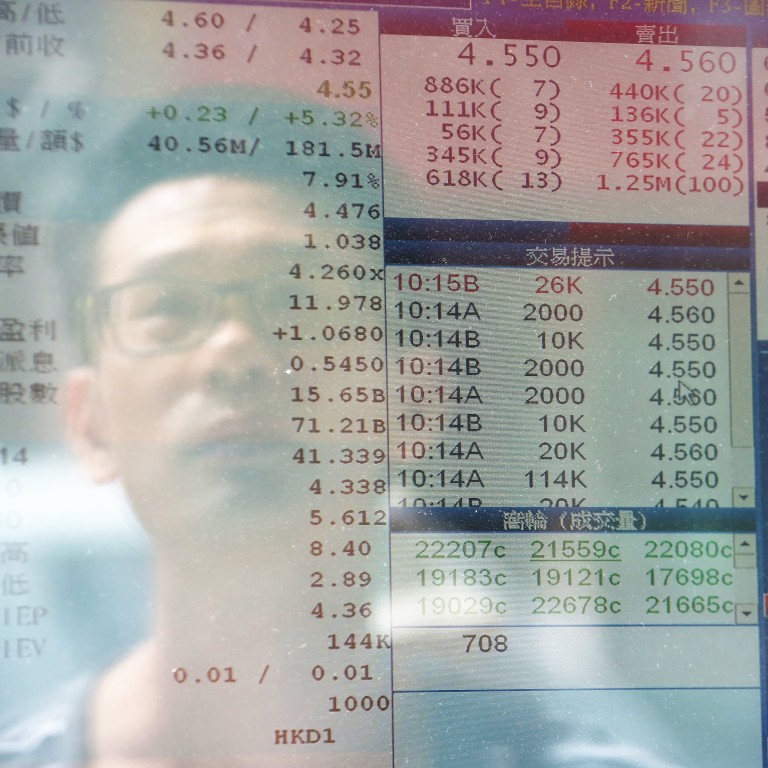
Does stock market turmoil signal the beginning of the next crisis?
Alexander Friedman considers the unintended consequences of six years of coordinated loose monetary policy since the 2008 meltdown
In his Pulitzer-Prize-winning book, , economist Liaquat Ahamed tells how four central bankers, driven by staunch adherence to the gold standard, "broke the world" and triggered the Great Depression. Today's central bankers largely share a new conventional wisdom - about the benefits of loose monetary policy. Are monetary policymakers poised to break the world again?
The unprecedented period of coordinated loose monetary policy since the beginning of the financial crisis in 2008 could be problematic. Indeed, the discernible effect on financial markets has already been huge.
The first-order impact is clear. Institutional investors have found it difficult to achieve positive real yields in any of the traditional safe-haven investments.
Investors have responded to near-zero interest rates with unprecedented adjustments in the way they allocate assets. In most cases, they have taken on more risk, particularly by increasing allocations in equities.
The resulting second-order impact could ultimately prove devastating. The equity bull market is now six years old. Even after the volatility following the crisis in Greece and the Chinese stock market's plunge, valuations appear to be high.
As long as the tailwinds of global quantitative easing, cheap oil and further institutional inflows keep blowing, equities could continue to rally. But at some point, a real market correction will arrive. And when it does, pension funds and insurance companies will be more exposed than ever before.
This overexposure comes when demographic trends are working against pension funds. In emerging markets, for example, rapidly rising life expectancy and plunging fertility are likely to increase the share of people who require support in their unproductive years.
If the combined effect of steep losses in equity markets and rising dependency ratios cause pension funds to struggle to meet their obligations, it will be up to governments to provide safety nets - if they can. Government debt as a percentage of global gross domestic product has increased at an annual rate of 9.3 per cent since 2007.
If pensions and governments both prove unable to provide for the elderly, countries could experience rising social instability.
The new Lords of Finance have arguably been successful in many of their objectives following the financial crisis.
But large-scale policy responses always produce unintended consequences, typically sowing the seeds for the next full-blown crisis. Given recent market turmoil, the question now is whether the next crisis has already begun.

